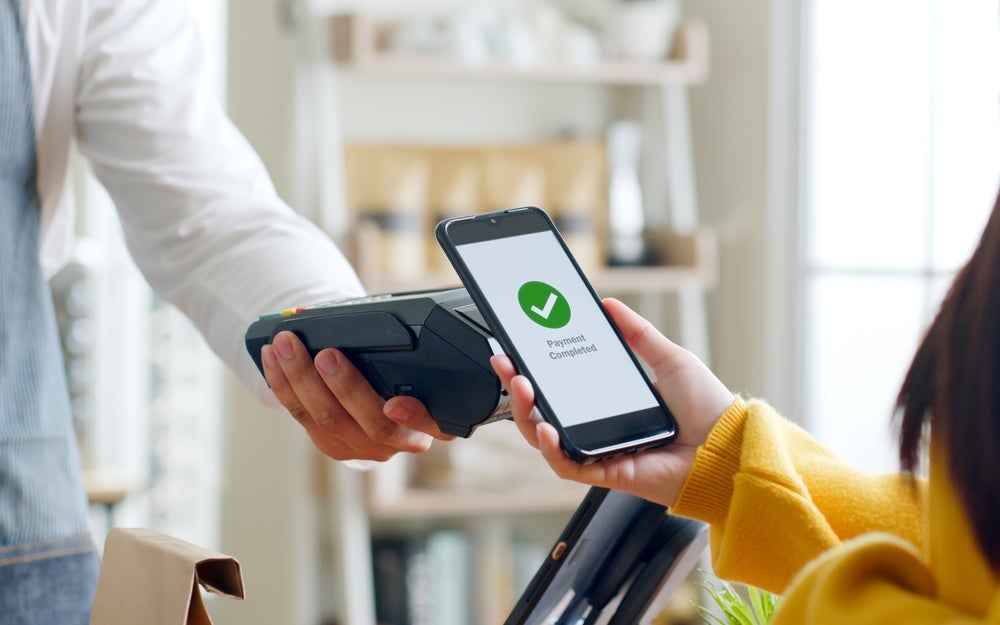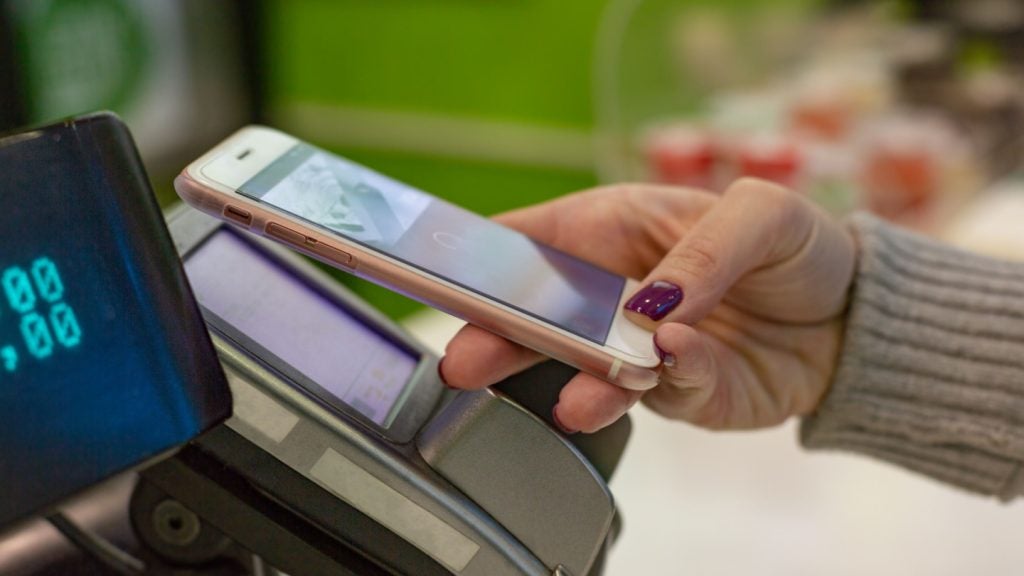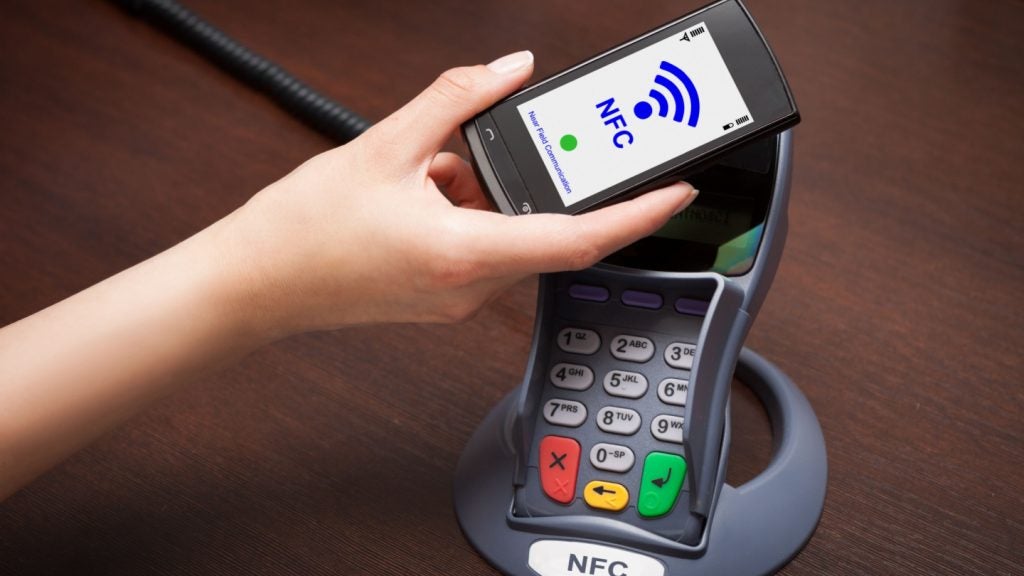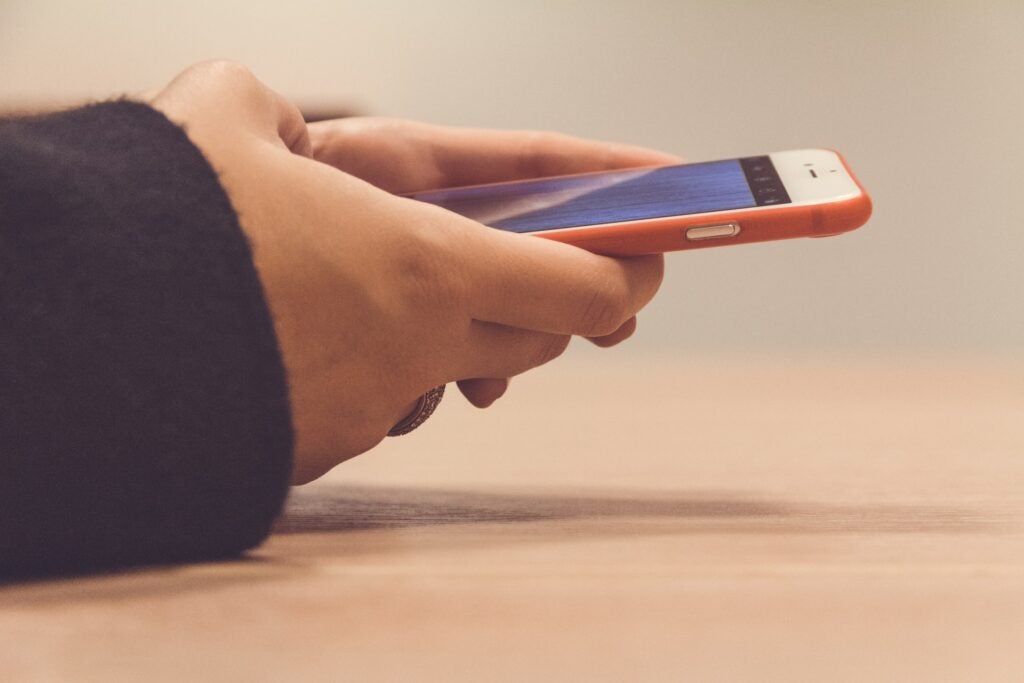The long-awaited entry by Nokia into the near-field
communications market solves a chicken-and-egg dilemma for the
mobile commerce industry and has emboldened operators and handset
makers finally ready to bet big on the technology. Charles Davis
reports.
 Nokia has shaken the mobile marketplace by announcing that
Nokia has shaken the mobile marketplace by announcing that
NFC technology will be embedded in its Symbian smartphones starting
in 2011. The handset maker announced its plans to begin including
an near-field communication NFC chip in every one of its smart
phones next year at a conference sponsored by the Mobey Forum, a
Finland-based mobile-payments trade association.
Banks, mobile networks and handset
manufacturers have been waiting to see who will foot the bill for
the chip, which costs between $2 and $8 per handset.
Nokia’s move removes one of the
final hurdles that have been limiting mobile services based on NFC.
Mobile operators in Europe, the US and Asia have big plans for the
short-distance communication scheme, with the use of handsets for
payments and ticketing the first main applications already in
service.
While most operators have only
reached the pilot stage with their plans, Nokia’s splash will be
felt across the global market. Nokia officials said the phones
would support the single wire protocol (SWP) and MicroSD security,
the two industry standards for security.
How well do you really know your competitors?
Access the most comprehensive Company Profiles on the market, powered by GlobalData. Save hours of research. Gain competitive edge.

Thank you!
Your download email will arrive shortly
Not ready to buy yet? Download a free sample
We are confident about the unique quality of our Company Profiles. However, we want you to make the most beneficial decision for your business, so we offer a free sample that you can download by submitting the below form
By GlobalData
A giant leap for
NFC
The commitment of Nokia answers a
major question that has plagued the development of NFC: which
industry player would pay for the chip. The cost of the NFC chip is
expensive and the industry had been divided over who would bear the
cost.
To date, Nokia phones with NFC
chips have only been deployed in various pilot schemes around the
world. The Nokia 6212 phone was used last year in a Citigroup NFC
trial in India.
Orange, a France-based wireless
operator, earlier this year announced two separate plans involving
NFC-chip manufacturer Gemalto NV and Barclaycard. Orange and
Barclaycard partnered to eventually deploy NFC-enabled mobile
phones.
Nokia becomes the first and only
global handset manufacturer with NFC-enabled phones despite a plea
from the GSM Association for handset makers to place payment chips
in all their phones by the middle of 2009.
NFC, enables a host of
communication technologies in a retail environment. Communication
takes place via an NFC reader/writer and a passive NFC tag embedded
in an object such as a poster or point-of-sale terminal.
NFC can operate through card
emulation, when the handset acts as a contactless card;
peer-to-peer, which is used for sharing information and for
pairing, such as swapping business card details or transferring
photos by bringing handsets together; or reader-writer, a one-way
scheme where one side is read, such as a transit timetable data, or
remote health care applications.
Time for an
explosion
In all of its various forms, NFC is
set to explode in growth. Juniper Research estimates one in six
mobile subscribers will have NFC-enabled handsets by 2012. For NFC
to reach those sorts of numbers, handset penetration has to
increase rapidly. Only 960,000 devices out of a total of over 1bn
shipments worldwide this year will be NFC-enabled, according to ABI
Research, although it says that will grow to 247m by 2015. Mobile
operators want a choice of NFC-enabled handsets to entice
consumers, while handset makers have been waiting for operators to
place orders for NFC-enabled devices. Nokia’s entry should make a
huge difference.
Should Apple Inc place NFC into the
next generation iPhone, many observers think that the technology
would be ubiquitous in short order. In fact, Apple has issued
several patents involving NFC and in August appointed NFC
specialist Benjamin Vigier as its product manager for m-commerce.
Vigier had previously been product manager for mobile wallet,
payment and NFC at US mobile commerce company mFoundry and also
held NFC-related positions with French mobile operator
Bouygues.
From a payments perspective, mobile
operators view NFC as a way to expand their service offerings while
growing revenues. Ticketing and purchasing are the key applications
justifying the cost of integrating NFC technology within the
handset, but there is also the benefit of transactional
enhancements such as delivering recommendations as well as tokens
or coupon offers at the point of sale. After the sale, a customer
can use the handset’s keyboard, display and online connection to
view their account status, access loyalty rewards or send an image
of the receipt to their e-mail.
One more
hurdle
NFC’s remaining obstacle may be a
relatively easy one to settle: how the card brands, issuers, mobile
operators and handset manufacturers divvy up transaction revenues.
Now that Nokia has indicated that it’s willing to bear the cost of
the NFC chip, the other players are likely to prove more willing to
work out the revenue piece.
Look for other handset
manufacturers to add NFC chips to their phones, particularly once
they see the card brands and issuers approaching Nokia to find a
space on the chip.
In yet another sign the NFC space is about to take off, a
Netherlands-based consortium launched recently to support NFC
payments with a goal of 2012 implementation. That group, which
includes ABN Amro Bank, ING Group and Rabobank Group, and mobile
companies KPN, Vodafone and Deutsche Telekom AG’s T-Mobile
subsidiary, wants to build a national infrastructure for NFC mobile
payments. The group’s handset partner has not been announced, but
it is not hard to imagine Nokia winning the business.







